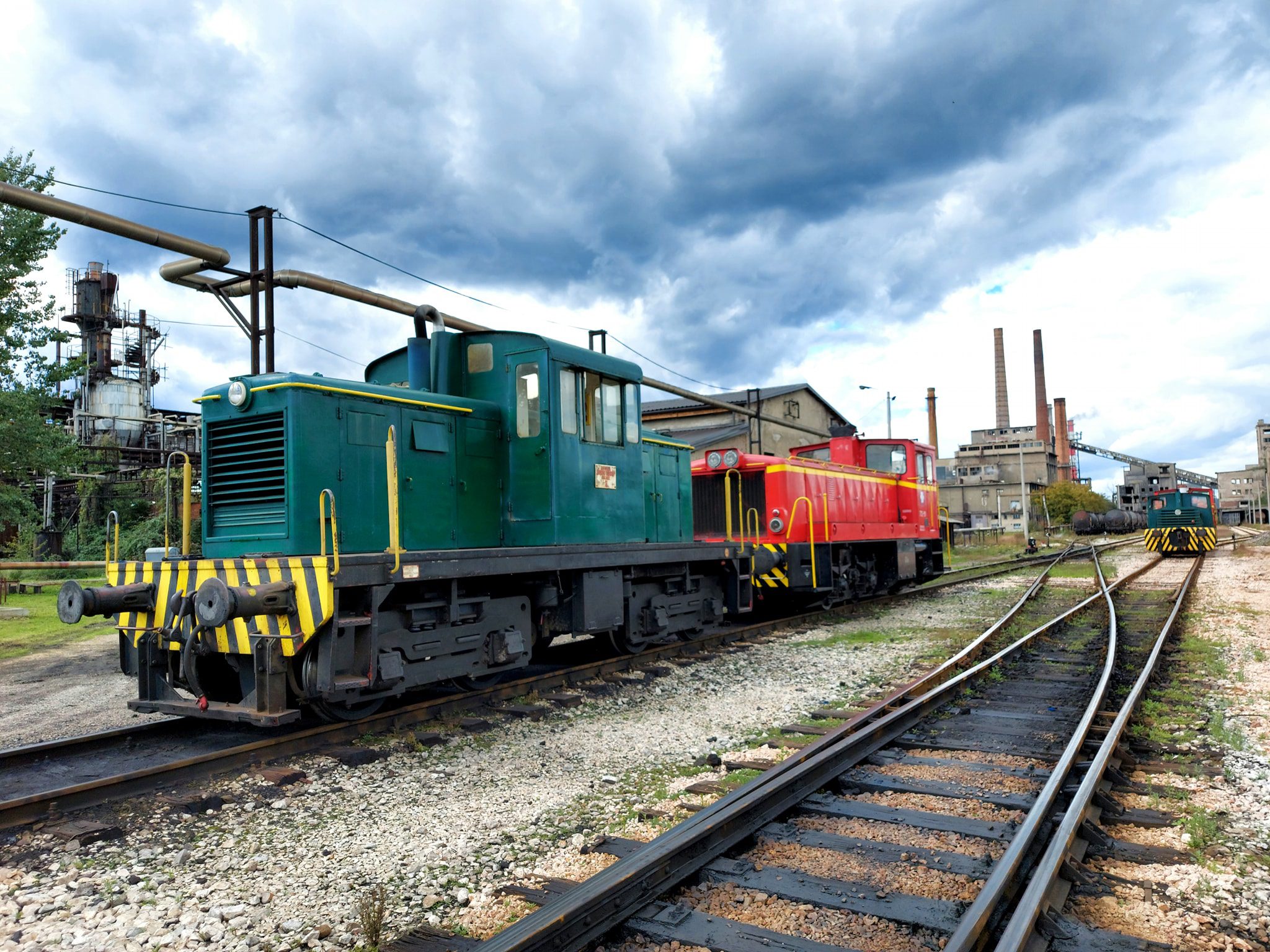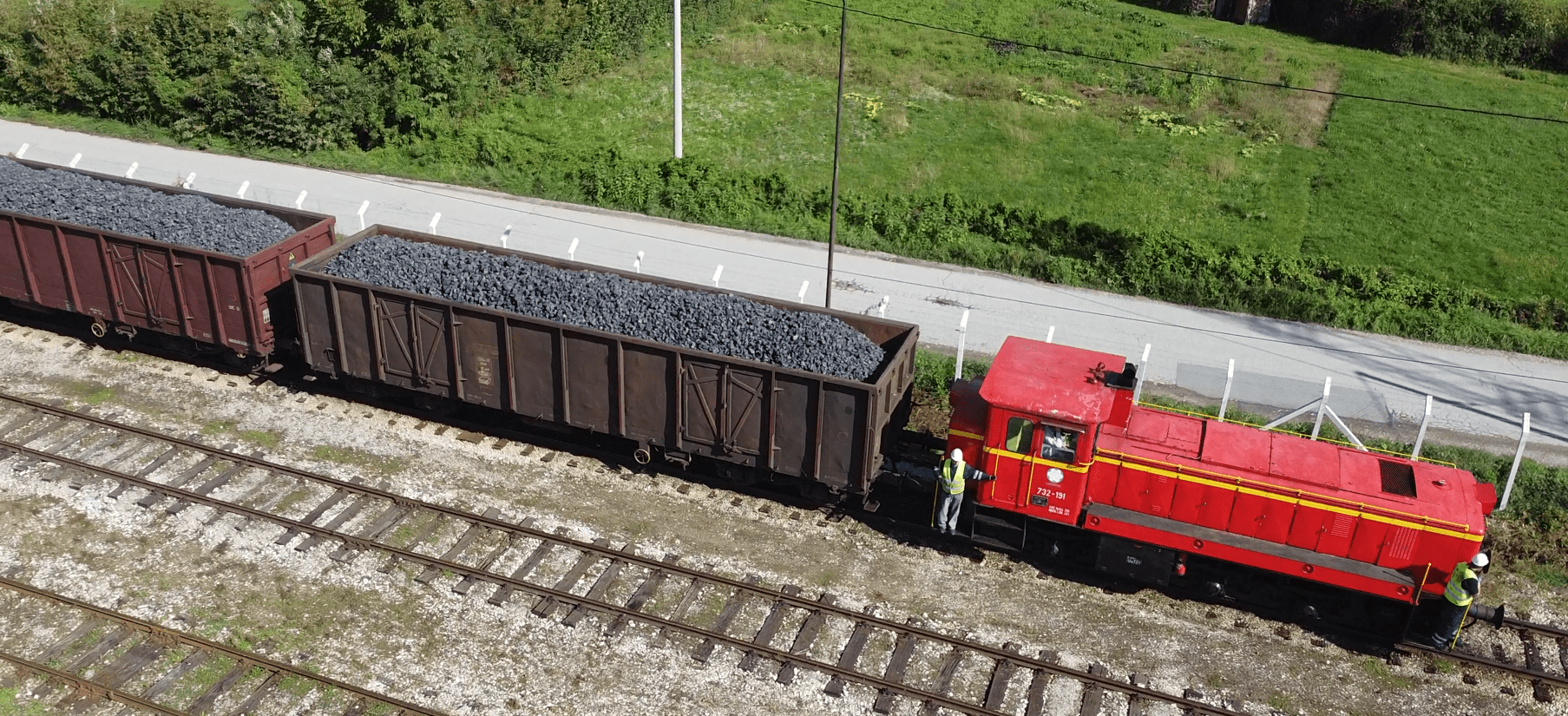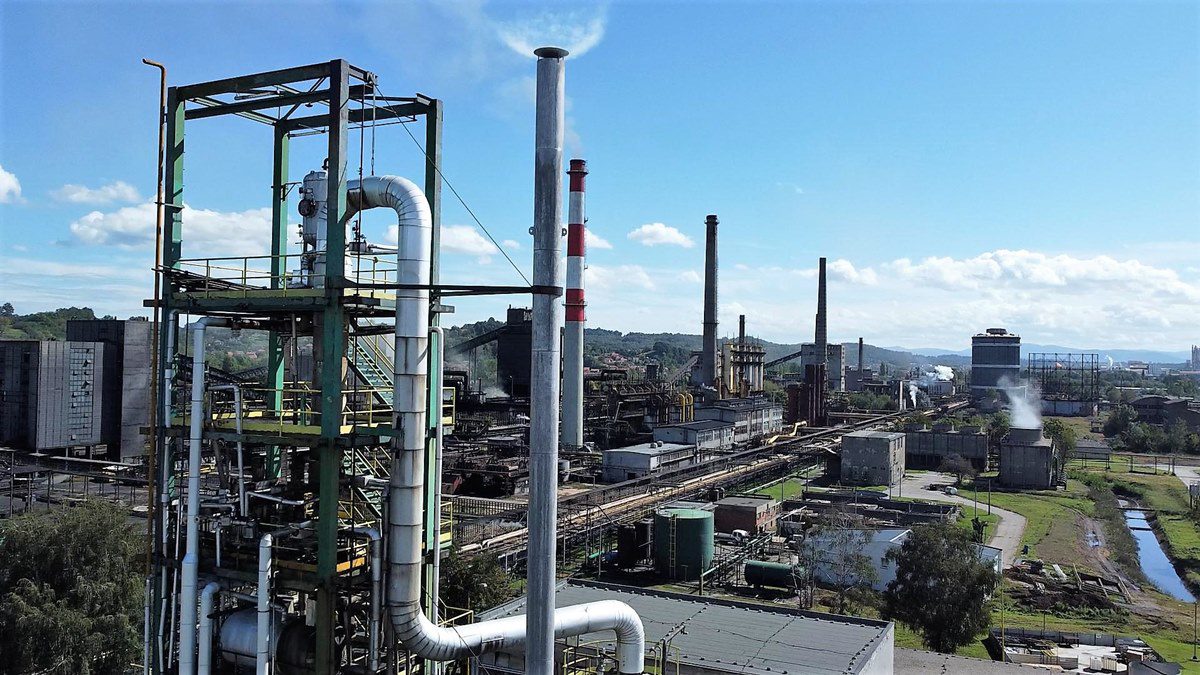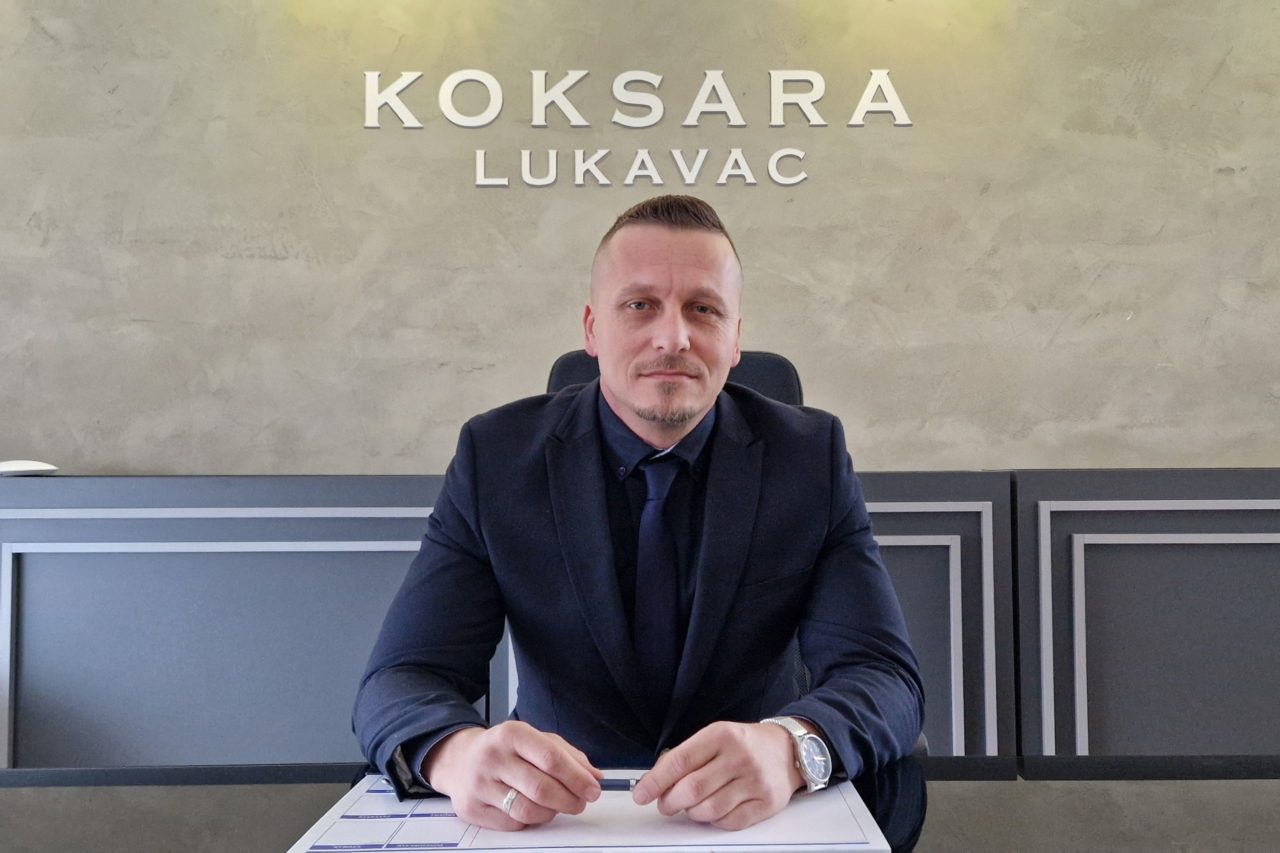Around 23 million BAM was contributed in environment protection within the period from 2020 to 2024.
Global Ispat Koksna Industrija Lukavac (GIKIL) was in the last year the biggest importer in Bosnia and Herzegovina, and the fourth biggest exporter. The volume of imports of this industrial giant, according to the statement of the Managing Director Mr. Almin Suljić, sums up to approximately 200, and the exports between 300 and 400 million BAM.
– We mostly import coking coal for the coke production. There are several deposits of such coal in the world, and we import most of it from the United States of America. Coal comes to the port of Ploče by vessels. It is afterwards loaded into wagons and sent to GIKIL by rail. We also export by rail, mostly coke, and last year, 80 percent of the coke ended up in Serbia, specifically the steel plant in Smederevo. We also export by-products, crude tar and benzene, to the Czech Republic and Germany, also by rail. Furthermore, we produce maleic anhydride (AMK), which we export by road transport, mostly to Italy and Turkey. It is a raw material that is widely used in production, as a polymer; it is mixed into paints, varnishes etc. However, without the railway we would not be able to survive. I must point out very good relations with the management of Railways FBiH. Within our company, we have 12-13 rail tracks. We have a railway department consisting of 55 people and three locomotives used for internal transport of raw materials. Only within GIKIL we have about 40 kilometres of rail tracks – says Mr. Suljić for Faktor.

When we know the significance of the railroad for GIKIL and the business volume of our company, the question emerges about the initiative for the reconstruction of the railroad on the Doboj – Tuzla – Zvornik route, which was recently announced by the Minister for Transport and Communications of Bosnia and Herzegovina, Mr. Edin Forto, who emphasized Serbia’s great interest in this project worth approximately 500 million euros.
– The reconstruction of the railroad line would mean a lot to us, as there is frequently a bottleneck in logistics and shipping due to transport limitations. The transport would be much quicker, which would enable a greater turnover of goods – says Mr. Suljić.
According to GIKIL’s data, this company with more than 900 employees annually cooperates directly with more than 400 domestic legal entities, i.e. suppliers. Moreover, GIKIL contributes approximately 25 percent within the trade of Željeznice FBiH, per annum, a turnover worth almost 23.5 million BAM, and this fact indicates the significance of restructuring of the railroad and in general road infrastructure in BiH.

We are a strategic company, both for the Tuzla Canton and the whole country. Regardless of our business results: profit or loss, many companies are connected with us. We are vital for the whole economy and economics. We participate with 1.5 percent within the GDP of the whole country and approximately 14.6 percent of the trade of Tuzla Csnton, and 47 percent of the economy of the Lukavac municipality. This year, economy was influenced by the crisis in the steel industry, i.e. the drop in demand; one of the causes is the Ukrainian war. The cost of steel fell, which influences the coke production. A few steel plants in Europe have ceased production due to exceptionally low demand. We had less demand and this year, unlike the past one, we’ll end with loss. The balance sheet isn’t complete yet, so we don’t know precisely how much it’ll sum up to. Raw materials are not available in BiH, therefore we are huge importers, but also exporters, and our costs, input and yield, are managed by the market – says Mr. Suljić.
Environmental pollution has continuously been attributed to GIKIL; however the fact is that there has been progress in this field as approximately 23 million BAM was invested in environment protection activities from 2020 to 2024.

– When it comes to GIKIL, one can hear stories about harm to the environment. It is true that some of our equipment is outdated, but coke is produced in this way also in Hungary in Dunaujvaros. The same method is used in Poland. There is a general trend that everything ought to be stopped, since there are no such plants in Europe. This year, the same kind of coking plant is to be opened in Poland, modernized though and with fewer emissions, and that’s only one of the batteries. They got a loan from the state for this project. It isn’t true that this industry is ceasing in Europe. It is continuously imputed to us that the plant should be shut down. In Poland, an EU member and central European country there are batteries that within two months produce the quantity of our annual capacity. – Mr. Suljić pointed out.



